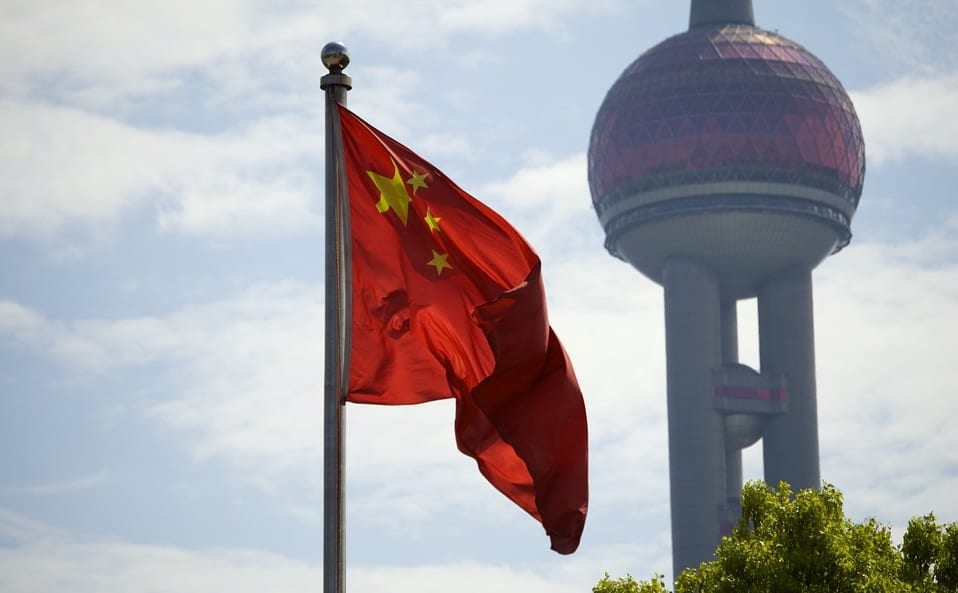
China has become the world leader in solar energy production
February 8, 2017China reaches new milestone in its solar energy adventure
China has claimed the title as the world’s leading producer of solar energy. The country’s National Energy Administration has announced that China doubled its photovoltaic capacity last year. By the end of 2016, the country had more than 77 gigawatts of solar capacity in operation. The National Energy Administration claims that China is now the official leader of the global solar energy sector, beating out other countries that have invested heavily in this form of clean power.
Several provinces show leadership in embracing solar power
The country’s geography lends itself to large-scale solar projects. Last year, several major projects took root in Shandong, Xinjiang, and Henan, where solar potential is quite high. Notably, the Xinjiang Province ended 2016 with some of the most solar energy capacity installed in China for the year. Solar capacity has been growing quickly throughout the country due to the Chinese government’s aggressive stance on clean power. Over the past few years, the government has had to increase its solar goals in order to keep pace with the rate at which solar capacity is growing.
China will invest $364 billion into the renewable energy space by 2020
China is not focused exclusively on solar energy, of course. The country is set to invest $364 billion into the clean power sector before the end of this decade. Solar has become one of China’s most favored forms of clean power, but the government has also been investing heavily in wind energy and hydropower. The Chinese government has targeted renewable energy as the best tool to fight emissions production and the rampant air pollution that is choking some of the country’s largest cities.
Clean transportation is gaining ground in China
Outside of solar energy, China is also committing itself to the support of clean transportation. Several major cities have adopted policies to limit the number of conventional vehicles that can obtain license plates, encouraging consumers to acquire electric vehicles. The country has also been working to renovate its public transit sector, embracing fuel cells as energy systems for buses and trains.



 With over 15 years of reporting hydrogen news, we are your premier source for the latest updates and insights in hydrogen and renewable energy.
With over 15 years of reporting hydrogen news, we are your premier source for the latest updates and insights in hydrogen and renewable energy.